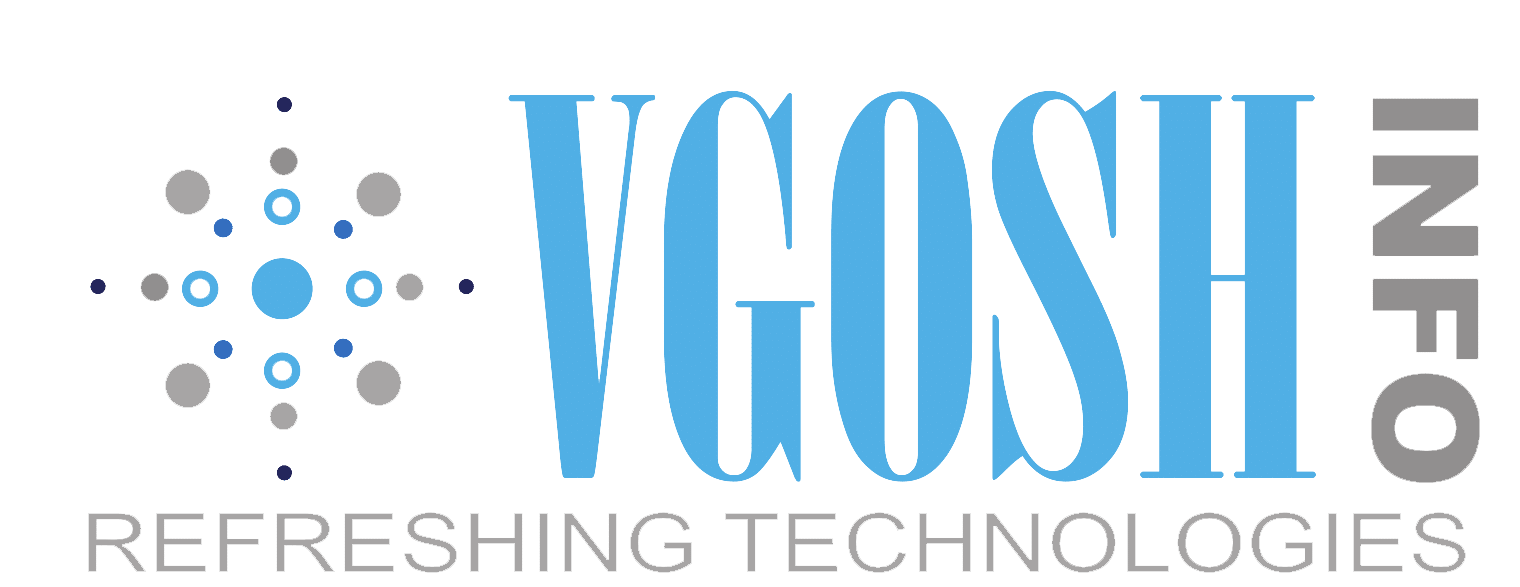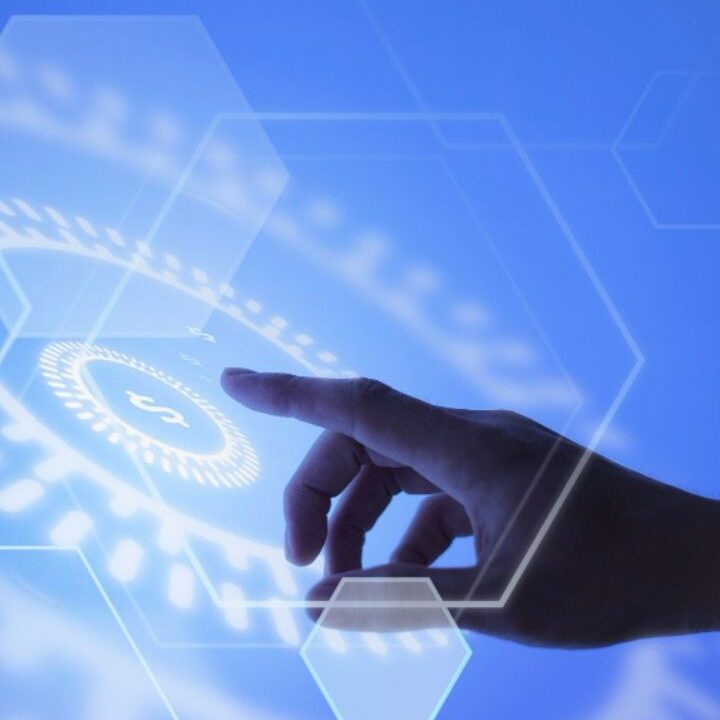Digital Twin Technology: Revolutionizing Singapore’s Urban Planning and Real Estate
Introduction
As technology advances, Singapore has emerged as a global leader in smart city development. Among its many innovations, digital twin technology has played a pivotal role in revolutionizing urban planning and real estate management in Lion City. This cutting-edge technology has enabled city planners and real estate professionals to create virtual replicas of physical assets, providing a powerful tool for analysis, prediction, and optimization. In this blog post, we will explore the application and benefits of digital twin technology in Singapore’s urban planning and real estate sector.
What is Digital Twin Technology?
Digital twin technology involves creating a digital replica of a physical asset, such as a building, neighborhood, or an entire city. This replica is an exact representation of the real-world asset, incorporating various data sources, including 3D models, sensor data, and real-time information. By leveraging advanced technologies like artificial intelligence, the digital twin can simulate and analyze the physical asset’s behavior, performance, and interactions in real time.
Application in Urban Planning
Digital twin technology has proven to be a game-changer in urban planning. In Singapore, it has enabled city planners to make informed decisions and develop sustainable urban environments. By creating a virtual replica of the city, planners can simulate various scenarios and assess their impact on factors such as traffic flow, energy consumption, and environmental sustainability.
For instance, using digital twin technology, Singapore’s Urban Redevelopment Authority can analyze the impact of proposed infrastructure projects on traffic congestion and optimize road networks accordingly. This allows for efficient transportation planning, reducing commute times and improving overall mobility in the city.
Benefits in Real Estate Management
In the realm of real estate, digital twin technology has transformed the way buildings and properties are managed. Real estate professionals can create digital twins of buildings, enabling them to monitor energy consumption, track maintenance needs, and optimize space utilization.
By integrating sensor data from various systems within the building, such as HVAC, lighting, and security, digital twins provide real-time insights into energy usage patterns. This data can be leveraged to identify inefficiencies, optimize energy consumption, and reduce operating costs.
Moreover, digital twins enable proactive maintenance by identifying potential issues before they escalate. For example, by analyzing data from sensors that monitor equipment performance, building managers can detect anomalies and schedule maintenance activities accordingly. This helps prevent costly breakdowns, prolongs the lifespan of assets, and enhances the overall efficiency of real estate operations.
Collaborative Decision-Making
One of the significant advantages of digital twin technology is its ability to facilitate collaborative decision-making. Stakeholders from different domains, such as urban planners, architects, engineers, and policymakers, can access and contribute to the digital twin platform, fostering a holistic approach to problem-solving.
For instance, when designing a new development, architects can visualize their designs within the digital twin environment and assess their impact on factors like sunlight exposure and wind flow. Engineers can analyze structural integrity, energy efficiency, and sustainability aspects, while policymakers can evaluate the proposed project’s compliance with regulations and guidelines.
Conclusion
Digital twin technology has ushered in a new era of urban planning and real estate management in Singapore. By creating virtual replicas of physical assets and integrating data from various sources, this technology empowers decision-makers with actionable insights for efficient and sustainable development. The application of digital twin technology in Singapore has improved transportation planning, optimized energy consumption, streamlined maintenance activities, and fostered collaborative decision-making. As the technology continues to evolve, we can expect even more incredible advancements in Singapore’s smart city initiatives, making the Lion City a shining example of the transformative power of digital twin technology.





